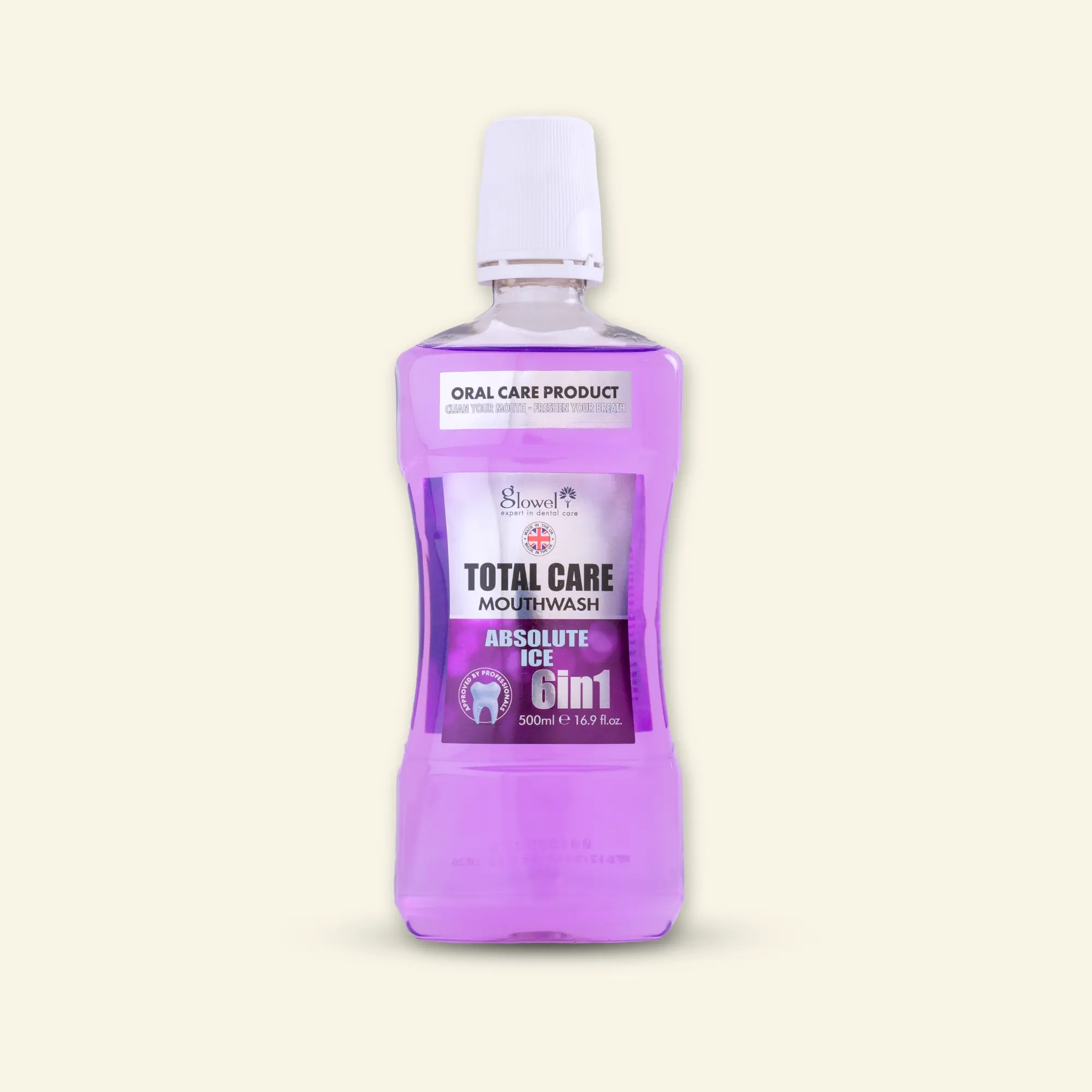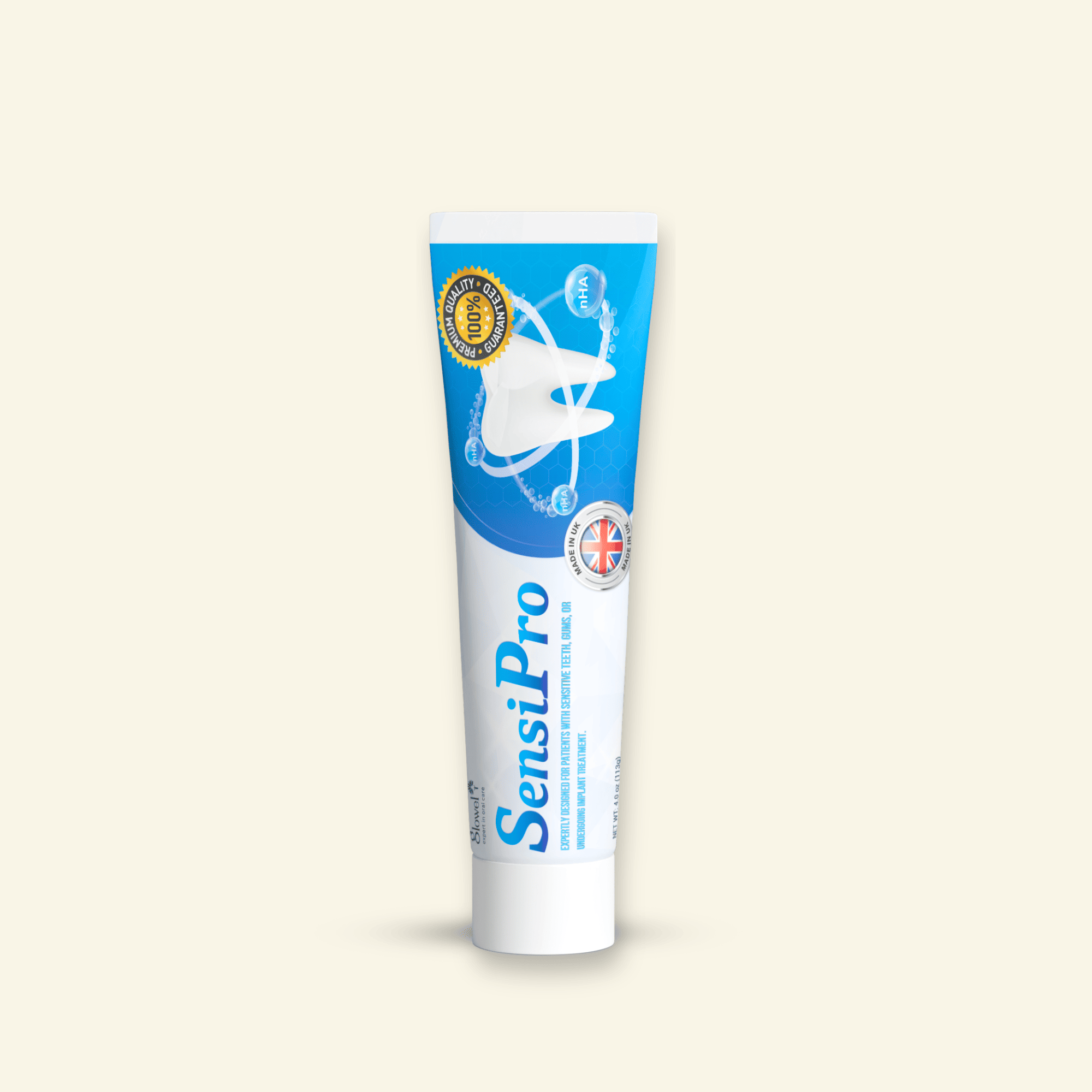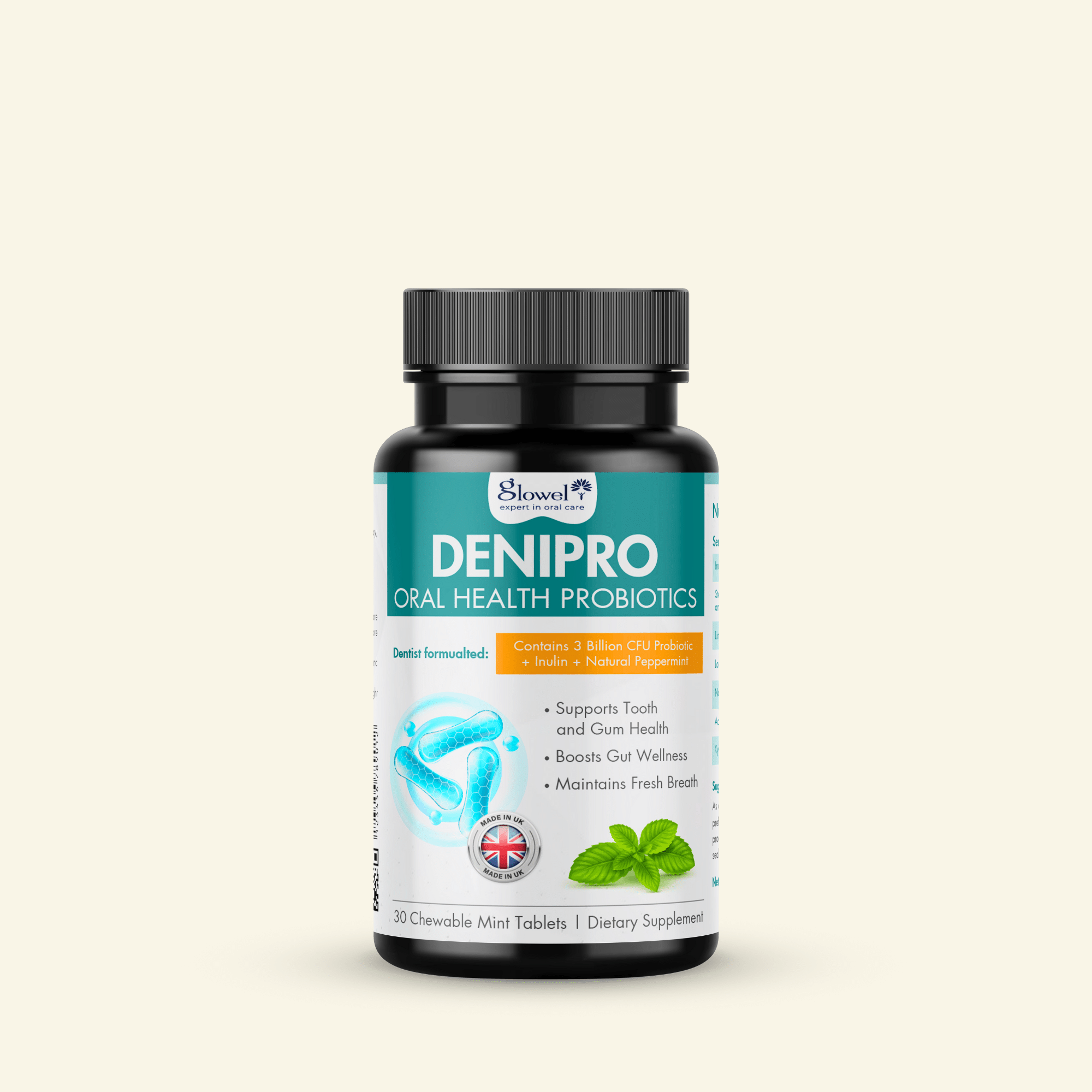Uncategorized
Hydroxyapatite: Revolutionizing Oral Care for a Healthier Smile
When it comes to oral health, many of us are familiar with fluoride as a key ingredient in toothpaste and dental products. However, an emerging powerhouse in oral care, hydroxyapatite, is taking center stage as a natural, effective, and safer alternative. Derived from the very substance that constitutes the majority of our tooth enamel and bone, hydroxyapatite offers a promising leap forward in oral hygiene technology. This article delves into the science behind hydroxyapatite and its transformative benefits for oral care.
What is Hydroxyapatite?
Hydroxyapatite (HA) is a naturally occurring mineral form of calcium apatite. It is the primary component of human bones and teeth, making up approximately 97% of tooth enamel and 70% of dentin. Chemically represented as Ca10(PO4)6(OH)2, hydroxyapatite is biocompatible, non-toxic, and bioactive. These characteristics make it ideal for dental applications, especially in remineralizing and protecting teeth.
Initially developed by NASA in the 1970s to help astronauts combat bone and tooth loss in zero-gravity environments, hydroxyapatite has since been adapted for broader use in dental care. Its ability to bond with teeth and bones at a molecular level offers unparalleled advantages in maintaining and restoring oral health.
The Benefits of Hydroxyapatite in Oral Care
- Natural Remineralization
- One of the most significant benefits of hydroxyapatite is its ability to remineralize teeth. Unlike fluoride, which encourages the uptake of minerals, hydroxyapatite directly replenishes lost enamel by integrating into the tooth structure.
- It fills microscopic cracks and repairs demineralized areas, strengthening teeth and preventing cavities.
- Safe and Non-Toxic
- Hydroxyapatite is non-toxic and safe for people of all ages, including children and pregnant individuals. Unlike fluoride, there is no risk of fluorosis or other adverse effects associated with overuse.
- Its biocompatibility ensures it works harmoniously with the human body, reducing sensitivity and irritation.
- Reduces Tooth Sensitivity
- Hydroxyapatite is particularly effective in alleviating tooth sensitivity. By filling exposed dentinal tubules, it creates a protective barrier that shields the nerves from external stimuli such as cold, heat, or acidity.
- Plaque and Bacteria Control
- Hydroxyapatite has antibacterial properties that inhibit the growth of harmful bacteria responsible for plaque formation and tooth decay.
- Its smooth, glossy finish also makes it harder for bacteria and plaque to adhere to the teeth, enhancing overall oral hygiene.
- Whitening Without Damage
- Unlike abrasive whitening agents, hydroxyapatite whitens teeth by restoring enamel to its natural, healthy state without damaging the surface.
- It provides a brighter smile without the risk of increased sensitivity often associated with traditional whitening products.
- Supports Overall Oral Health
- Hydroxyapatite not only protects and strengthens teeth but also supports gum health by reducing inflammation and promoting tissue healing.
- Its regenerative properties can aid in maintaining the integrity of both soft and hard oral tissues.
Comparing Hydroxyapatite and Fluoride

While fluoride has long been the gold standard in dental care, hydroxyapatite presents several advantages that make it a compelling alternative:
| Feature | Fluoride | Hydroxyapatite |
|---|---|---|
| Mechanism | Encourages remineralization | Directly remineralizes enamel |
| Safety | Risk of fluorosis in overuse | Non-toxic and safe |
| Sensitivity Relief | Limited effect | Significant improvement |
| Antibacterial | Effective | Effective |
| Compatibility | Potential for irritation | Highly biocompatible |
While fluoride remains effective, hydroxyapatite’s holistic and natural approach to oral care has garnered widespread attention from both dental professionals and consumers.
Incorporating Hydroxyapatite into Your Oral Care Routine
- Hydroxyapatite Toothpaste
- Many leading dental care brands now offer hydroxyapatite-based toothpastes. Look for products with “nano-hydroxyapatite” on the label for the best results.
- Mouth Rinses
- Rinses containing hydroxyapatite can provide an extra layer of protection against plaque and bacteria while promoting enamel repair.
- Dental Coatings and Treatments
- Some dental clinics offer professional hydroxyapatite treatments as part of preventive care or post-whitening maintenance.
- Home Care Tips
- Use hydroxyapatite products twice daily to maximize their benefits.
- Pair with proper brushing techniques and flossing for comprehensive oral hygiene.
The Future of Oral Care with Hydroxyapatite
As awareness of hydroxyapatite grows, its adoption in oral care products continues to expand. Research into its applications is ongoing, with promising developments in areas such as:
- Bone Regeneration: Hydroxyapatite’s ability to bond with bone tissue makes it a key material in orthopedic and dental implants.
- Children’s Oral Care: Given its safety and effectiveness, hydroxyapatite is ideal for developing products specifically designed for children.
- Eco-Friendly Alternatives: Hydroxyapatite is increasingly featured in sustainable, fluoride-free oral care solutions, appealing to environmentally conscious consumers.
Conclusion
Hydroxyapatite represents a game-changing advancement in oral care. With its natural composition, remarkable remineralization properties, and broad safety profile, it is poised to redefine how we approach dental health. Whether you’re seeking to prevent cavities, reduce sensitivity, or achieve a whiter smile, hydroxyapatite offers a scientifically-backed solution that works in harmony with your body.
As more people discover the benefits of this mineral, it’s clear that hydroxyapatite isn’t just a trend—it’s the future of oral care. By incorporating hydroxyapatite-based products into your daily routine, you can enjoy a healthier, stronger, and brighter smile for years to come.







